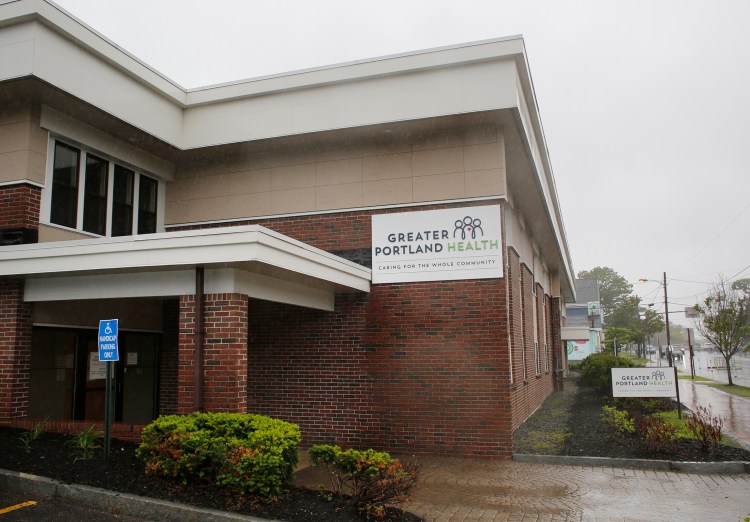Maine’s medical community is mobilizing to try to meet the health needs of the scores of asylum seekers who have arrived in Portland from the southern U.S. border and to prepare for the possibility that hundreds more are on the way.
Dr. Nirav Shah, director of the Maine Center for Disease Control and Prevention, said in a meeting with lawmakers Thursday in Augusta that the agency is responding quickly to the influx of asylum seekers and monitoring the situation at the Portland Expo, where city officials were prepared for 250 asylum seekers, and 170 had checked in by Thursday afternoon. The asylum seekers fleeing violence are legally in the United States, predominantly from Angola and the Democratic Republic of the Congo.
“We have seven public health nurses on the ground at the Portland Expo,” Shah said. “We are continually assessing, hour by hour, day by day. If need be, we can scale up our response within two to three hours.”
The health care services for those seeking asylum are limited, relative to what’s available to citizens or permanent residents of the United States. Asylum seekers cannot sign up for Medicaid, food stamps or most other public assistance programs. While present legally in the U.S., they are not permitted to work for six months while they make their case to be granted asylum and stay in the country.
It’s unclear why so many are suddenly choosing to stay in Portland, but perhaps word-of-mouth that the city is a welcoming community for asylum seekers and other immigrants is a factor, city officials have said. Portland is currently home to African immigrants from numerous countries.
The U.S. Centers for Disease Control and Prevention operates a public health program that aims to protect the health of asylum seekers, other immigrants and the overall health of the community.
Medical professionals working for the federal government are supposed to conduct a health assessment of asylum seekers upon entry into the country, and give immunizations to those who need them. If their immunizations are still not up-to-date by the time they reach Portland, Shah said the public health nurses can give the needed vaccinations, which prevent the spread of infectious diseases such as measles, pertussis and chickenpox.
Rumors that the asylum seekers have Ebola are unfounded, said health officials in Portland and San Antonio.
“Any rumors or reports of asylum seekers carrying the Ebola virus or being at risk are patently false,” said a statement on Portland’s official website.
In a Facebook post, the city of San Antonio’s interim assistant city manager, Colleen Bridger, said reports of Ebola are “unfounded,” pointing out that the incubation period for the disease is 21 days and the asylum seekers have been traveling six to seven months to get to the United States.
Beyond vaccines, limited health care is available to asylum seekers, such as at Greater Portland Health, a free clinic across the street from the Expo.
Ann Tucker, CEO of Greater Portland Health, said part of the mission of the clinic is to serve the uninsured, including immigrants and asylum seekers. The clinic receives federal funding to provide the uninsured with health care, including pediatrics, mental health and dentistry.
Tucker said several asylum seekers already had sought care at Greater Portland Health for minor illnesses, and the clinic has the capacity to handle the sudden influx.
“Based on present projections, capacity is not a concern for us,” Tucker said. “We are starting to have conversations and make plans if the numbers get to be a lot higher.”
Tucker said coordinating with other free clinics in the state, or bringing in volunteer doctors and nurse practitioners to handle a temporary influx, are options if they are needed.
She said staff at Greater Portland Health can speak several languages, including French, which many of the African asylum seekers speak, and the clinic has an orientation program to acclimate newcomers to the U.S. health care system.
Tucker said the clinic not only helps patients who become sick, but also serves to provide primary care for families. For those who are uninsured, fees are on a sliding scale based on income.
“No one is turned away from getting care,” Tucker said.
Maine Medical Center also is preparing to assist, a hospital spokesman said.
“We have open communication with state and local officials who are leading this effort, so we understand how we can contribute to any joint efforts to assist the health needs of this population and support our mission of caring for our community,” Matt Wickenheiser said in a statement.
Comments are not available on this story.
Send questions/comments to the editors.



